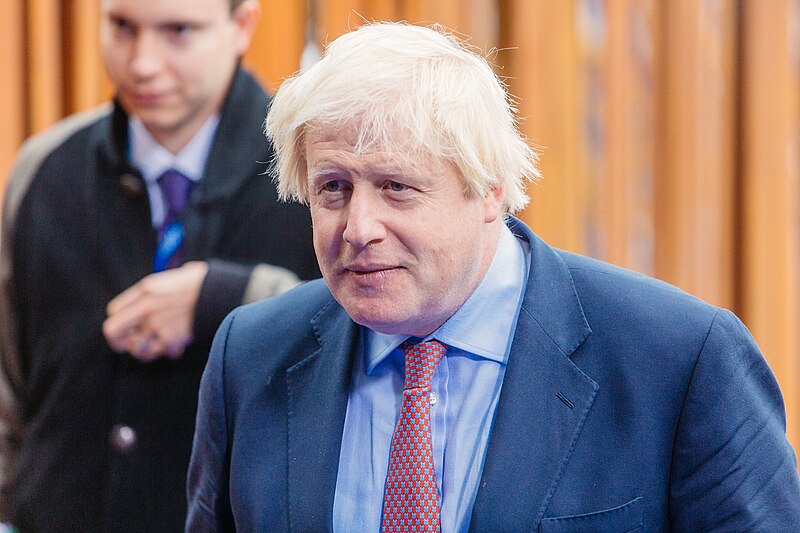
Former British Prime Minister Boris Johnson has revealed that in March 2021, he ordered military leaders to plan a raid on a Dutch factory to secure 5 million COVID-19
vaccines, which the European Union had threatened to block from being exported to the UK.
In his memoirs, Johnson stated that he directed Lieutenant General Doug Chalmers, the deputy chief of Britain's defence staff at the time, to explore the possibility of using small boats to cross the English Channel and reach the Dutch factory via canals. Chalmers reportedly told Johnson that while such a raid was feasible, it would likely be detected, leading to serious diplomatic consequences. He warned that "if we are detected, we will have to explain why we are effectively invading a long-standing NATO ally."
Johnson admitted that, despite pushing forward with the planning, he privately agreed with others who thought the idea was unrealistic. "I secretly agreed with what they all thought but did not want to say aloud: that the whole thing was nuts," he reflected in an excerpt published in the Daily Mail.
The vaccines in question were developed by Oxford University and AstraZeneca. Though they were being widely administered in the UK at the time, some doses manufactured in the Netherlands were still awaiting approval for use within the EU. Both Britain and the EU had contracts with AstraZeneca, but the EU was seeking to reserve vaccines produced at the Dutch plant for its own use, delaying shipments to the UK.
Johnson believed the EU's actions were influenced by political pressure, particularly from French President Emmanuel Macron. "After two months of futile negotiation I had come to the conclusion that the EU was treating us with malice and spite ... because we were vaccinating our population much faster than they were," he said.
Britain's defence ministry has not commented on the former prime minister's account. A spokesperson for Chalmers, now the chair of the government's committee on standards in public life, declined to comment on confidential security discussions.
This revelation highlights the tensions between the UK and the EU during the pandemic, as both parties sought to secure vaccine supplies. Johnson's memoirs also reflect his belief that the EU's stance was, in part, retaliation following Brexit, which he had successfully negotiated in 2019. Johnson left office in 2022 following a series of scandals, including breaches of COVID lockdown rules. Photo by EU2017EE Estonian Presidency, Wikimedia commons.




































